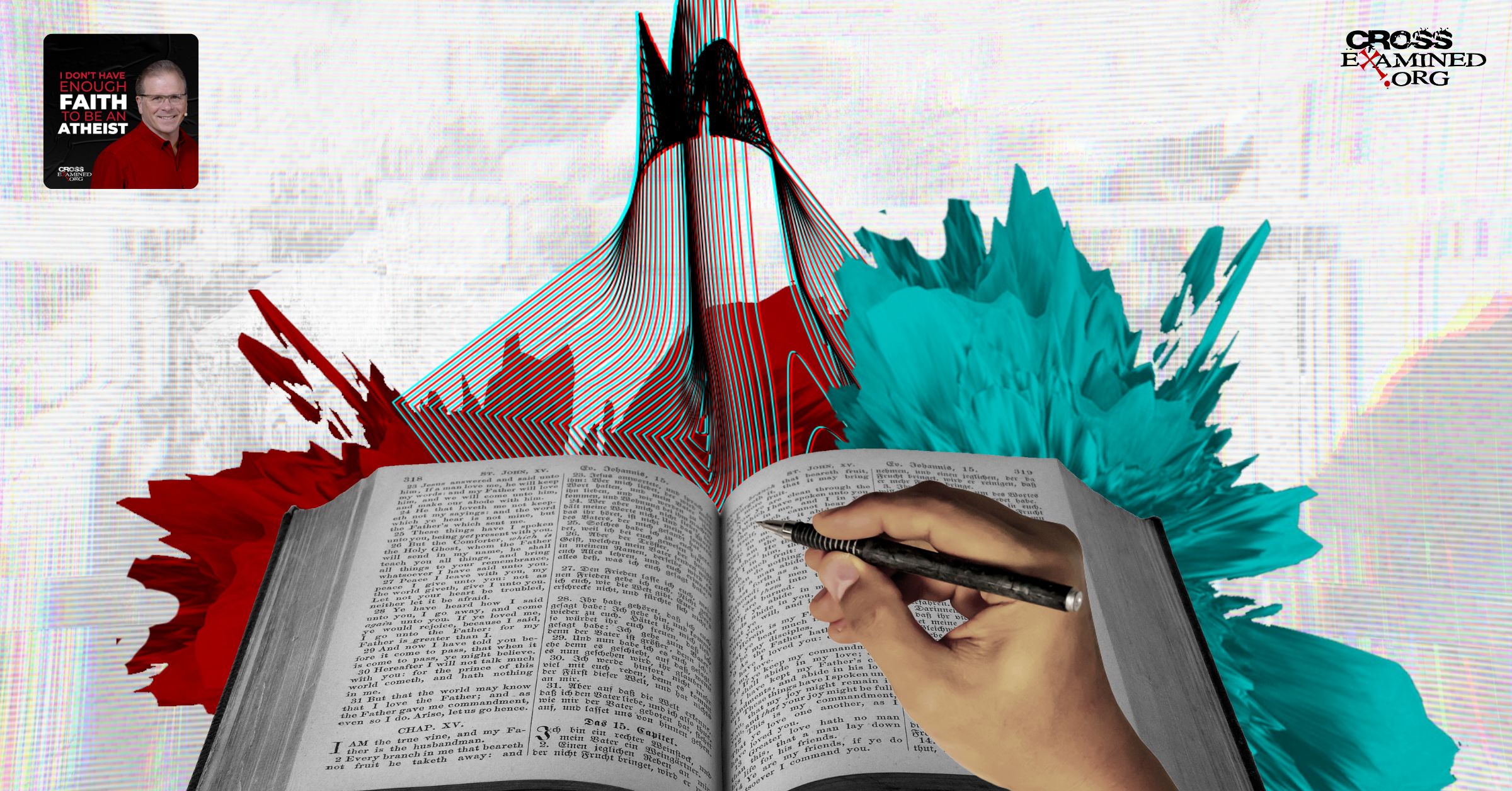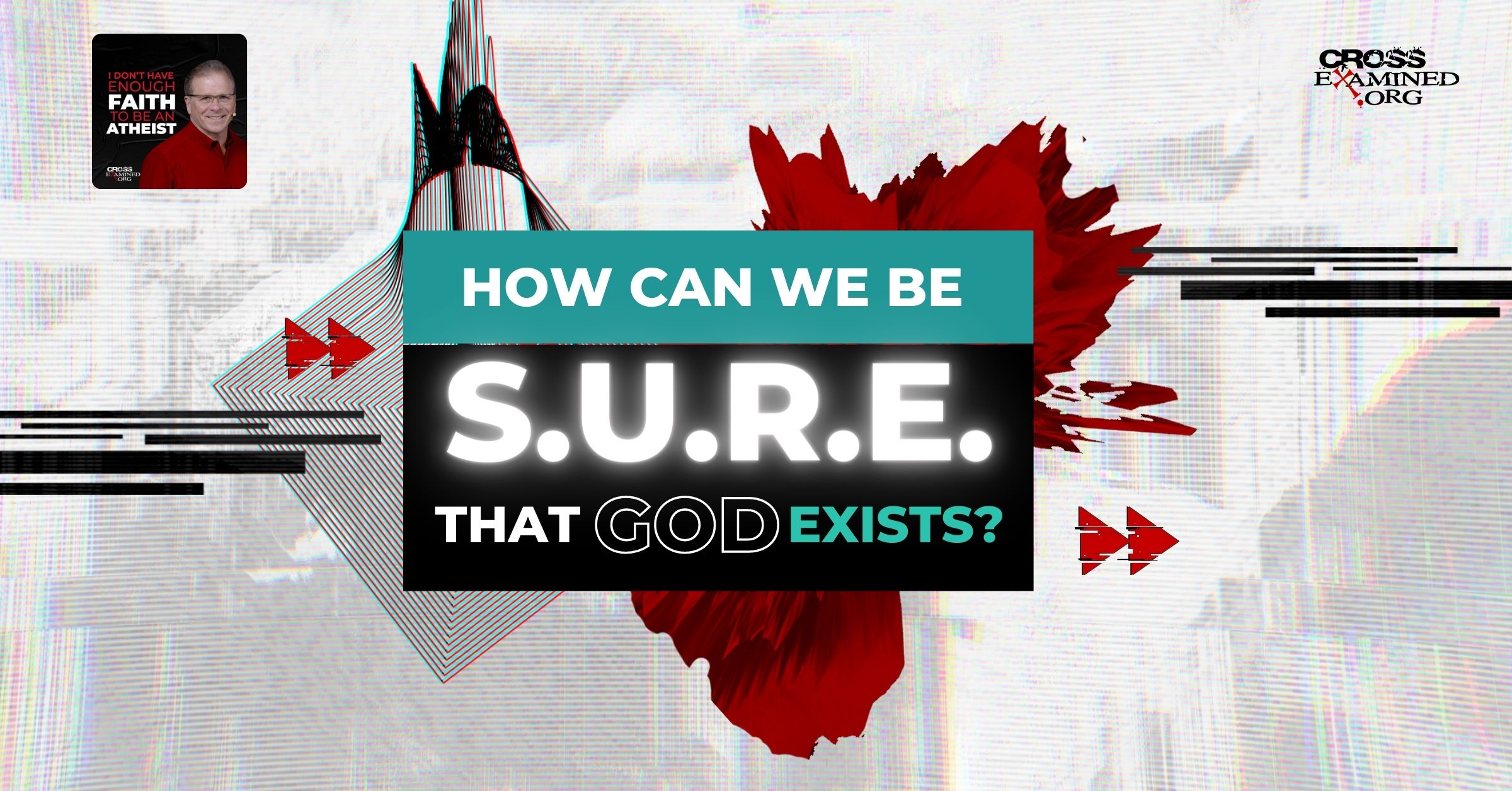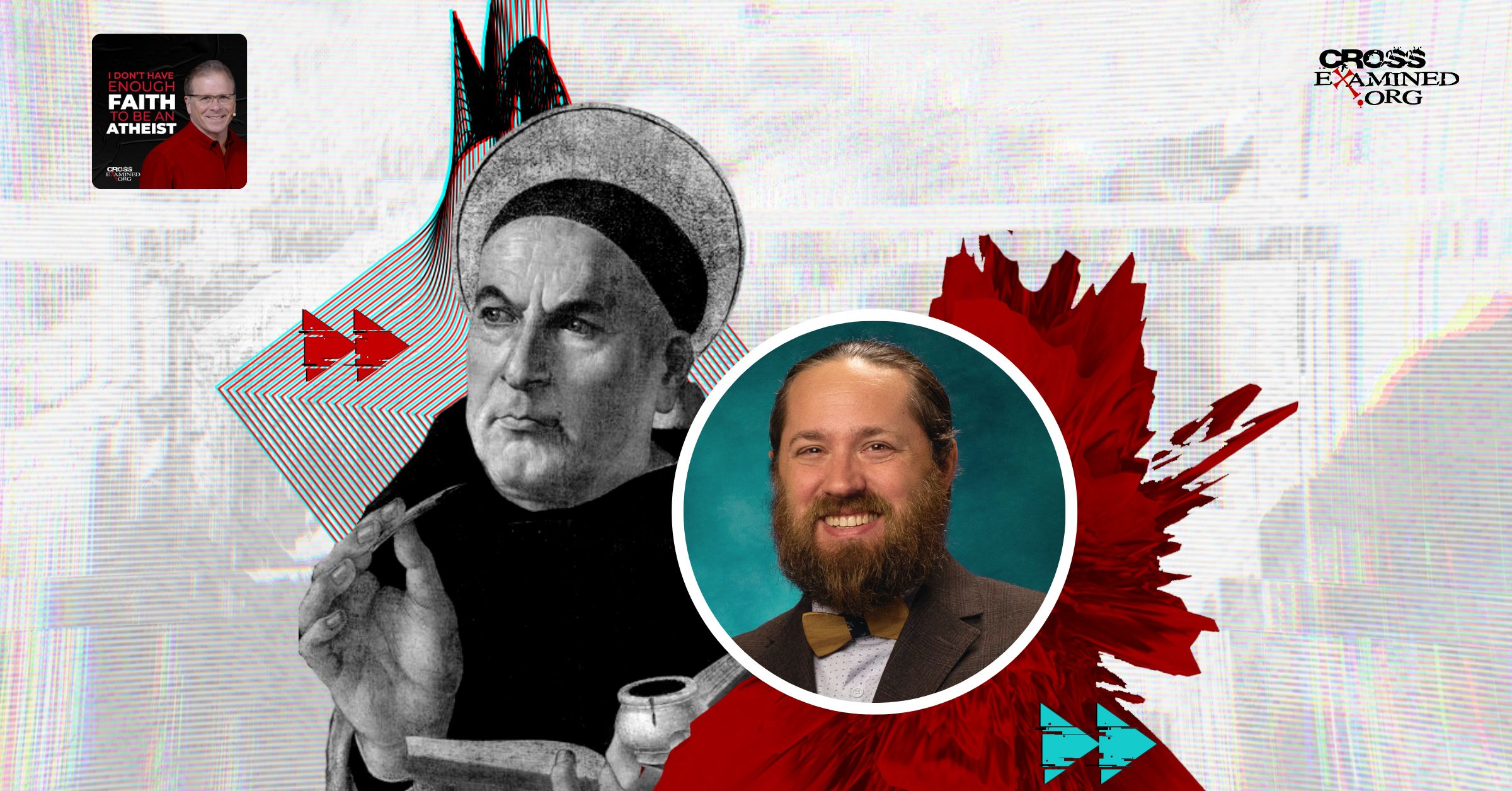Is Hell An Eternal Restraining Order?
By Al Serrato
Making sense of the existence of a place like Hell is a common struggle for the Christian apologist. Almost immediately, we are placed on the defensive, being asked to justify how a “loving” God could condemn any of his creation to a place of constant, and eternal, torment. I’ve often heard the challenge brought like this: “Isn’t God’s love for us like that of a parent? Can you imagine any loving parent ever wishing, or wanting, such extreme punishment for their own child?”
The answer, of course, is no. No parent would delight in tormenting his children. And neither does God. But just as human parents must sometimes resort to court orders to keep their children away, so too does God employ the equivalent of an eternal “restraining order.” Though not intended this way by the atheist, the analogy to parental love actually works against the challenger’s case, because it makes clear the need for enforced separation to be imposed even in the context of what was originally intended as a loving relationship.
Sometimes Children Victimize Their Parents
Everyday throughout this country, there are parents who are being victimized by their children. In many cases, the children want something that the parent is not able, or willing, to give. Often, the abuse consists of verbal or physical assaults or of some form of theft, and many times the problem is fueled by an underlying drug or alcohol addiction. In many such cases, the abused parents seek assistance from the police and the courts to have their offspring restrained from contacting them. For most, this final step is heartbreaking, but it is often the last resort, the only means by which the parent can safeguard his or her wellbeing. In some, more extreme, cases, the parent’s testimony in court might contribute to a criminal conviction which will land the son or daughter in prison, sometimes for life. The point is simple enough: love has its limits, and there comes a time when separation from an abuser is the only path that is left.
“The point is simple enough: love has its limits, and there comes a time when separation from an abuser is the only path that is left.”
If this causes the offspring pain, that pain is not “intended” by the parent; it is, instead, an unavoidable consequence of the path set in motion by the offender.
How Does This Analogy Apply to God?
Applying this analogy to an eternal setting has its drawbacks. God, of course, cannot be victimized. He has no fear of us, and no need to incarcerate us in order to protect himself. But does he not have the same right to association that we do? When a person uses his or her free will to rebel against God, God is not required to ignore that rebellion. Indeed, if God truly is a perfect being, embodying perfect justice, he could not simply ignore it and remain true to his nature. For God to maintain perfect justice, he must attach an appropriate consequence to violations of his law. On earth, that justice often involves incarcerating the wrongdoer, to both punish the offender and to minimize his ability to continue to use his free will to harm others. Similarly, God makes use of his power to separate those who refuse to accept the gift of life that he offers, an offer, it bears noting, he makes on his terms only
Consider Eternity
For those who have died in rebellion, no further chance is offered them. Eternally “restrained” from fellowship with God, they experience eternity aware of all that they have lost. Consider for a moment what eternal separation from God must be like. Despite the effort by so many to pile up money and toys and success in this world, these things do not make life rich or fulfilling. All the riches and success in the world would mean nothing if a person were utterly alone. No, such things are simply means to an end, an end which always involves relationship with others. That is why solitary confinement is so destructive to the human mind and spirit. In the end, it is human companionship – rich and meaningful relationships – that brings joy in life. Conversely, the loss of such attachments often lead to depression, alcohol and drug use to blunt the pain, and in some cases suicide.
Every relationship on earth, however satisfying, necessarily involves a flawed human being that is not capable of bringing limitless joy. Additionally, while we still draw breath, the possibility of adding new relationships continues. What happens to us, however, at death? What do we encounter when we see more clearly, for the first time, the One who created us, the source of all life, the Being who embodies all perfections? Every person on earth is but a mere shadow of this ultimate Being. When we begin to consider the joy we feel when deeply in love, or conversely the agony brought on by the loss of a loved one, and multiply that experience not by millions or billions, but by infinity itself, we may begin to see why human writers, even divinely inspired ones, cannot quite grasp the horror of the thought. A lake of fire would seem tame by contrast.
But this place of suffering is internal, self-centered, self-focused. An eternity of caring only about oneself, apart and alone and without hope of reunification with the source of joy and love. It is not a place where God inflicts torture, but rather one in which infinite torment awaits on the far side of the abyss. God derives no pleasure when he acts to restrain an unrepentant sinner. Indeed, he provides an alternative – a means of salvation – to all.
For those who refuse His gift, they will have only themselves – literally, and eternally – to blame.
Recommended resources related to the topic:
Hell? The Truth about Eternity (MP3 Set), (DVD Set), and (Mp4 Download Set) | Frank Turek
Short Answers to Long Questions (DVD) and (mp4 Download) | Frank Turek
Was Jesus Intolerant? (DVD) and (Mp4 Download) | Frank Turek
____________________________________________________________________________________________________________________________________________________
Al Serrato earned his law degree from the University of California at Berkeley in 1985. He began his career as an FBI special agent before becoming a prosecutor in California, where he worked for 33 years. An introduction to CS Lewis’ works sparked his interest in Apologetics, which he has pursued for the past three decades. He got his start writing Apologetics with J. Warner Wallace and Pleaseconvinceme.com.











